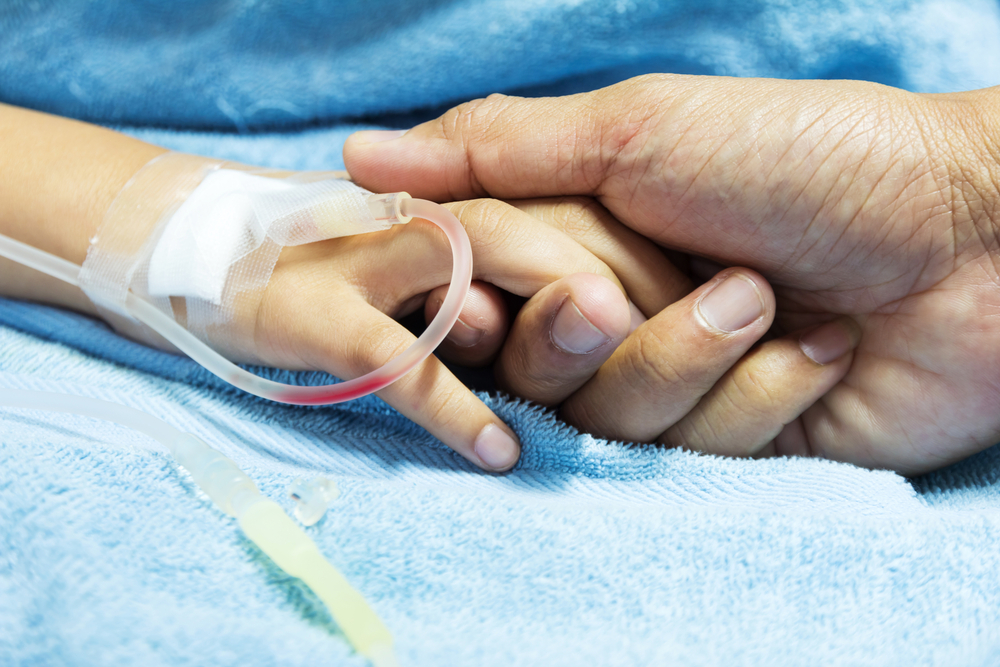Contents:
Medical Video: Calcium Scoring Test for Heart Disease
Definition
What is a coronary calcium scan?
Coronary artery disease is a disease that causes heart attack and death. This disease occurs when there is plaque on the artery wall of your heart, causing constriction (atheroscelorosis). The plaque sticks to the artery wall and then causes fat, cholesterol and calcium. Heart monitors can detect calcium in these plaques. The amount of calcium in the plaque can be used to detect coronary artery disease or a heart attack if there are other health conditions. Coronary arteries supply blood to the heart. Usually the coronary arteries do not contain calcium. Calcium in the coronary arteries may be a symptom of coronary artery disease or Coronary Artery Disease (CAD).
CT scans capture images of the heart in a thin section. These images are usually recorded on a computer and stored for research or printed in the form of photographs.
When should I undergo a coronary calcium scan?
A heart scan will provide information about the risk of a heart attack if you have a heart attack at the middle level. That is, based on these risk factors, your risk of having a heart attack in the next 10 years can decrease by around 10-20 percent. For example, you might be at risk of having a heart attack at the middle level, you are around 55 to 65 years old, and you have high cholesterol, or high blood pressure, or you are a smoker. Your doctor will help you determine your level of risk. A heart scan will be useful if you are at the middle level or have chest pain, especially if you do not know clearly the cause of your heart problem.
There is also some evidence that people whose calcium scores are at risk for heart disease will be motivated to adopt a healthy lifestyle, such as losing weight and quitting smoking compared to people who are not scanned.
Prevention & warning
What should I know before undergoing a coronary calcium scan?
The use of a heart scan is controversial. A heart scan may be very beneficial for you if your family has a history or risk factors for heart disease.
Low risk of heart attack
For example you are less than 55 years old, normal cholesterol and blood pressure levels, you do not smoke, then the risk of a heart attack attacks you less than 10 percent, and you are in the low-risk category. This means that because you only have a few risks, your risk of suffering a heart attack in the next 10 years is also small. Therefore a heart scan may not explain anything.
High risk of heart attack
Having a risk of a heart attack of 20 percent or more in the next 10 years means that you are at high risk. If your cholesterol and blood pressure are high, you are a smoker, and you are over 65 years old, then you really fall into this category. If you are at risk, a heart scan will not explain well, because you and your doctor already know the risk. You should do something to prevent the emergence of heart attacks, such as consuming drugs and changing your lifestyle.
You may also not need a heart scan if you already know that you have a heart attack or have taken an operating procedure, such as angioplasty or coronary bypass surgery. In this case, the doctor already knows that you have coronary artery disease and have a high risk. A heart scan will not explain more information about handling your disease.
Process
What should I do before undergoing a coronary calcium scan?
You don't need to make any preparations before this test. However, you will be asked not to smoke or not consume anything containing caffeine a few hours before the test. Tell your doctor if you are or will become pregnant. This test is not performed on pregnant women. Contact your doctor for more information about this test, the risks, and the process.
How does the coronary calcium scan process?
It is recommended that you remove jewelry that might affect the results of the CT scan. You may also be asked to take off your clothes. If so, you will be given special clothes to use during the test. Sometimes on some CT scans, you are allowed to wear clothes. If so, don't wear clothing that has a zipper.
A small disc called an electrode will be placed on your chest. Then the cable is connected to an ECG machine that records the electrical activity of your heart on ECG paper. An EKG will be done when your heart is resting, the best time for an ECG. If your heart rate is 90 beats per minute or higher, you will be given medication to reduce your heart rate. During the test, you will lie on a table connected to a CT scan. This scanner is shaped like a large donut.
The table is round and the scanner rotates according to your body. The table will shift little by little when taking pictures. You may hear clicks and buzzing when the table and scanner move. You may be asked to hold your breath for 20 to 30 seconds when a heart image is taken. It's important to hold your breath properly when the picture is being taken. As long as this test is done, you are usually only alone in the room. However, the radiologist will monitor you through the window. You are allowed to communicate with the radiologist through a two-way intercom.
What should I do after undergoing a coronary calcium scan?
After doing the test, contact your doctor. There are no special precautions that you should pay attention to after doing a heart scan. You should be able to go home alone and immediately resume daily activities.
Explanation of Test Results
What do the test results mean?
The theory of using a heart scan is: the more tests you do, the more severe the disease you suffer. However, even though your calcium is low, it can also indicate that your heart disease can develop more severely unless you try hard to stop it such as eating healthy foods, reducing cholesterol, and quitting smoking.
In addition, if there is a large amount of calcium in your coronary arteries, coronary artery disease may not necessarily infect your body or you have a heart attack. Therefore, if the scan shows calcium in the arteries, you should do an invasive test, such as coronary angiography.
The test results that you get are the amount of calcium in the arteries. The numbers start from 0 to more than 400. The results of a test of 100 or more indicate that you have heart disease. The higher the number of your test results, the greater your risk of suffering a heart attack. People with a score of 100 to 400 or more are people who are suffering from heart disease at the medium level, maybe 3 to 5 years are more at risk of having a heart attack than people who have a number 0.
Hello Health Group does not provide medical advice, diagnosis or treatment.











